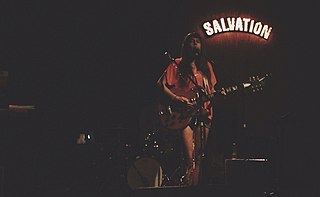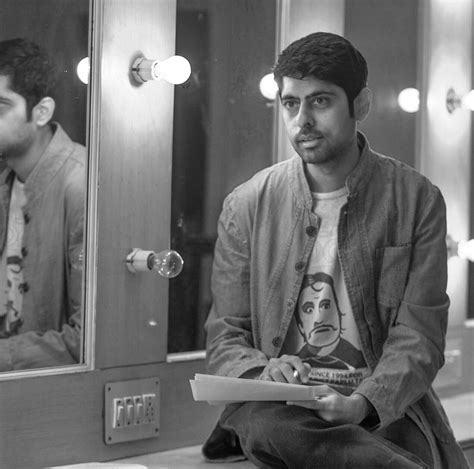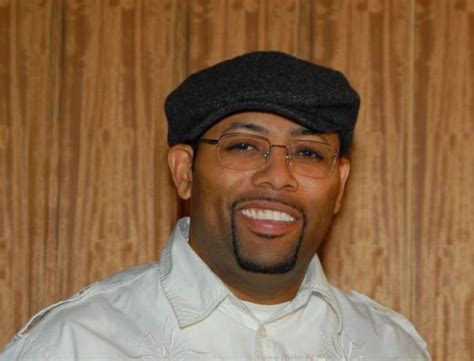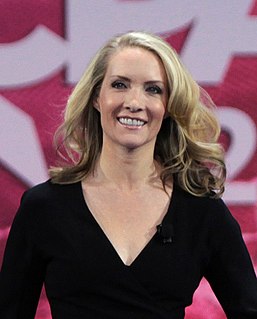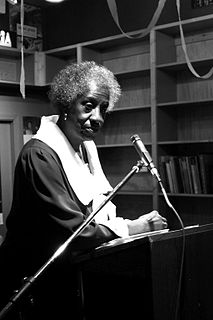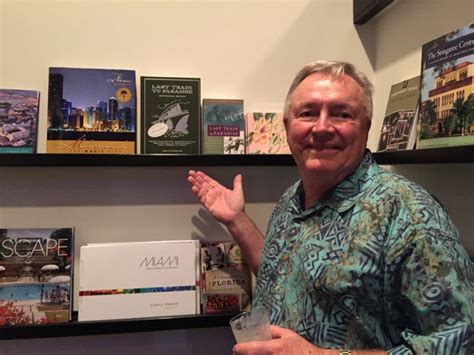A Quote by Deborah Tannen
We tend to assume that we have a baseline of speech that's going to be normal in all contexts, but the truth is, we all change our ways of speaking depending on who we're talking to. And so I think it's kind of a gesture of politeness to the people you're speaking to to try to say something in their own idiom.
Related Quotes
Loving the process. I learn it over and again and in different ways. I'm speaking particularly to the musical process, but I definitely think that this lesson transcends. Loving the life process. Loving the process of becoming stronger by experiencing something that makes me feel unsteady. The process of speaking and living my truth and making my own path.
I think something happens only when people find that they are moved with others, find themselves linked or allied in new ways, showing up or speaking out in ways that resonate with one another. That resonating can be very compelling and lead to moving and speaking more emphatically and with sharper focus.
It's a sick thing, right: people are afraid of public speaking. I do public speaking, except my public speaking involves the audience only having one type of emotion and one type of reaction. If they have anything other than laughter, it's a failure. That's an absurd thing for a human to try to seek. The main thing to realize is that whatever I say, it's my truth and I believe in it, and if I don't get a laugh off that, then it's not working.
You can't be afraid to speak the truth. If you're speaking truthfully - no matter if you're White, Black, Hispanic, Asian - if it's the truth, it's the truth! And if that's what you're telling, you have no reason to be fearful, or, worry about people trying to diffuse what you're doing. Because, if you're speaking the truth, they can't beat the truth.
We don't hear our president [Barack Obama] talking about the need for high-quality jobs for everybody, giving it priority, not just giving a speech in Detroit. That's fine, but speaking to Tim Geithner, speaking to Larry Summers. When are you going to make jobs, jobs, jobs a priority rather than Wall Street, Wall Street, Wall Street a priority? That's what I'm concerned about.
I think that speaking is the most important thing we can do, but let's talk about what it means to speak effectively. We can talk in an echo chamber to our friends on social media and otherwise - and that's important, that's how we encourage and educate one another.But speech that leads to action is critical. And it doesn't sound very sexy, but one of the most important ways to speak in a way that makes an impact is to vote. Speaking at the ballot box is the most important place that we speak.
Change depends on people knowing the truth. Change depends on people speaking that truth out loud. That's what movements do. Movements educate people to the truth. They pass along information and ideas that many others do not know, and they cause them to ask questions, to challenge their own long-held beliefs. ... Movements are the way ordinary people get more freedom and justice. Movements are how we keep a check on power and those who abuse it.
Maybe it's because we as writers are alone so often, are so attuned to listening to the run of our own thoughts, that we find it more natural to write down the thoughts rather than the deeds of our characters. But speaking as a teacher who has spent some twenty years slogging through manuscripts where thoughts and exposition pile up as thick as the aftermath of a California mudslide, I can attest to the power of the evocative detail, gesture, or figment of speech.

